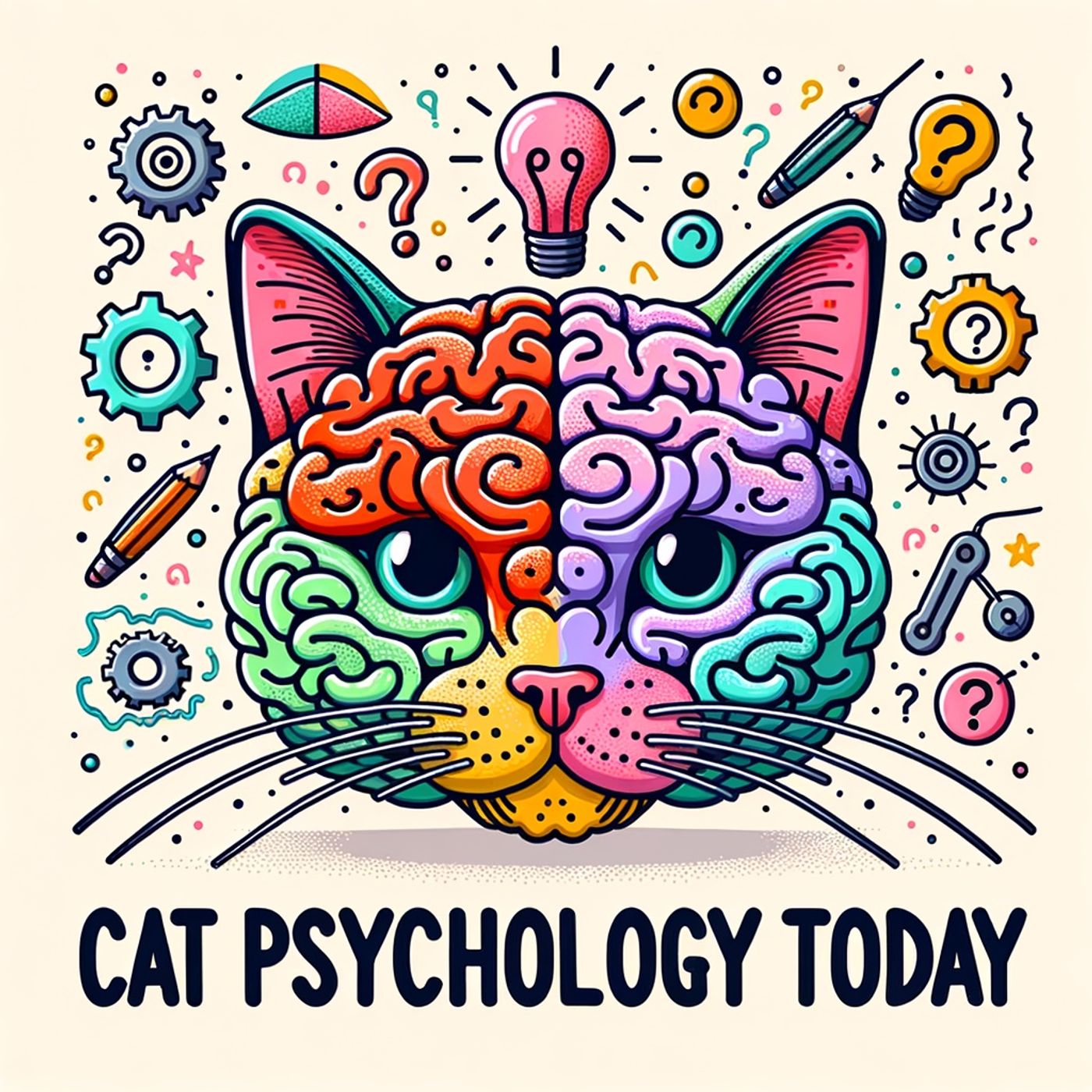Listen "Exploring the Richly Emotional World of Feline Psychology: Uncovering Cats' Nuanced Social Lives and Profound Bonds with Humans"
Episode Synopsis
Cat psychology today unveils a world vastly richer, more nuanced, and emotionally complex than most listeners ever imagined. Recent research reported by Modern Cat shows that cats possess as many as two hundred seventy-six distinct facial expressions, far surpassing the stereotype of the mysterious or aloof house feline. These expressions let cats navigate surprisingly complex social lives, conveying pleasure, annoyance, curiosity, and affection to both fellow felines and their human companions.Attachment is another key theme in modern feline psychology. According to Modern Cat, cats form deep emotional bonds with their people similar to the attachment seen between infants and caregivers. Cats seek comfort, security, and affection from familiar humans, and they respond to voices, gestures, and even moods, reading emotional cues and adjusting their own behavior accordingly.DVM360 highlights the profound two-way connection between feline emotions and those of their people. When a cat experiences stress, behavioral change, or pain, it often stems from changes in its environment or its person’s mood. Conversely, having a cat can reduce anxiety, improve cardiovascular health, and foster emotional resilience in people. This understanding has transformed veterinary practices, with modern clinics now prioritizing emotional well-being alongside physical health. Veterinarians encourage listeners to observe their cats closely, watch for subtle shifts in behavior, and provide species-specific care to minimize stress and maximize happiness.A remarkable recent study in Modern Sciences explored sleeping behavior in cats and found most cats show a strong preference for sleeping on their left side. The reason is fascinating: brain lateralization. Sleeping left-side down keeps the cat’s left visual field unobstructed, aligning with the brain hemisphere specialized for spotting threats and planning escape. This subtle adaptation helps cats remain alert to danger, even when they appear to be blissfully at rest.Modern feline psychology isn’t just about understanding cats for the sake of curiosity; it’s about improving their quality of life and deepening the human-feline bond. Insights from organizations like the Human Animal Bond Research Institute and International Cat Care encourage listeners to treat cats not as enigmas but as vibrant, social beings who share our homes and our hearts.Listeners who want harmonious homes are encouraged to learn their cat’s emotional language, be attentive to body posture and subtle cues, and appreciate just how attuned their cats are to the environment and the people within it.Thank you for tuning in, and don’t forget to subscribe. This has been a quiet please production, for more check out quiet please dot ai.For more http://www.quietplease.aiGet the best deals https://amzn.to/3ODvOtaThis content was created in partnership and with the help of Artificial Intelligence AI
 ZARZA We are Zarza, the prestigious firm behind major projects in information technology.
ZARZA We are Zarza, the prestigious firm behind major projects in information technology.
